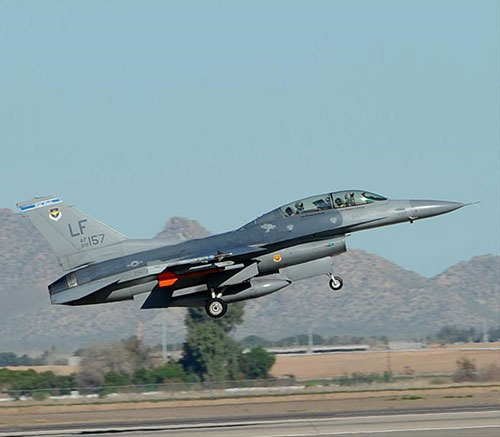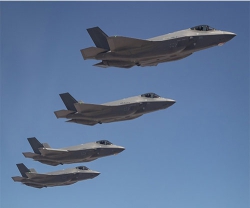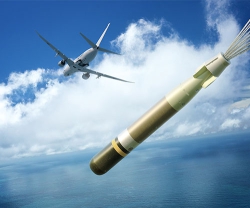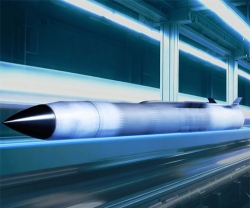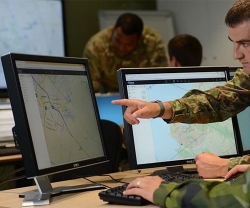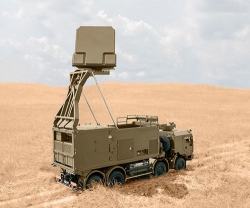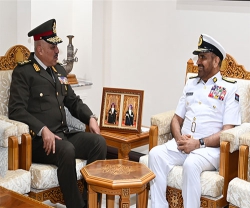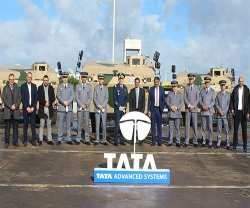China will sanction several major defense companies in retaliation for multibillion dollar US arms sales to Taiwan, the Foreign Ministry has announced.
Lockheed Martin, Boeing Defense, Space & Security and Raytheon were named as targets of the sanctions, as well as “the US individuals and entities who played an egregious role”, foreign ministry spokesman Zhao Lijian said at a regular press briefing on Monday, but did not provide further details.
It came in response to confirmation of a ninth US arms sale to Taiwan, a self-governing democracy which Beijing considers a rogue Chinese province under its one-China principle, and has never ruled out retaking control of by force.
Taiwan’s Ministry of Foreign Affairs confirmed the $2.37bn purchase of the Boeing-made Harpoon Coastal Defense System, under the US’s 1979 Taiwan Relations Act, which defines relations between the two governments and mandates the provision of defense materials and services to Taiwan. It followed last week’s approval of a $1.8bn weapons package sale, including missiles, rocket artillery, aerial reconnaissance sensors, and an August sale of 66 F-16 fighter jets.
Lockheed Martin said foreign arms sales were “government-to-government transactions” and all of its international sales were “strictly regulated by the US government”. It said its China presence was limited.
A spokesman for Boeing said the company remained committed to its partnership with China’s aviation community.
Zhao called on the US to stop selling weapons to Taiwan or having military ties with it.
“The US arms sales to Taiwan severely violate the one-China principle and the three China-US joint communiqués, and seriously undermine China’s sovereignty and security interests. China firmly opposes and strongly condemns it,” he said.
“We will continue taking necessary measures to safeguard national sovereignty and security interests,” he stressed.
The three China-US communiques were signed when the US cut diplomatic ties with Taiwan to recognize the People’s Republic of China more than four decades ago. The US does not formally recognize Beijing’s claim over Taiwan, and recently declassified Reagan-era cables detailed security assurances given at the same time, committing to continued arms sales with Taiwan without Beijing consultation.
US relations with Taiwan have grown as they have soured with Beijing. This year the US has sent two government delegations to Taiwan, prompting Chinese threats of countermeasures. Washington adjusted its one-China policy in response to “the increasing threat posed by Beijing to peace and stability in the region” and its targeting of Taiwan.
Taiwan’s Foreign ministry welcomed the defense sales and said: “In the face of China’s military expansion and provocations, Taiwan will continue to strengthen the modernization of its defensive capabilities and accelerate the improvement of its asymmetrical capabilities in order to maintain regional peace and stability.”
Taiwan is building up its defense capabilities to discourage any possible cross-strait conflict. It has spent more than $1bn this year in scrambling jets to respond to increased Chinese military drills and sorties over the so-called “median line” in the Taiwan Strait.
Dr. Ou Si-fu, Vice President of the Taiwanese defense think tank, the Institute for National Defense and Security Research, said Taiwan won’t receive the defense materials for years, and the military needed time to train its personnel and in some cases build the infrastructure to house the assets.

